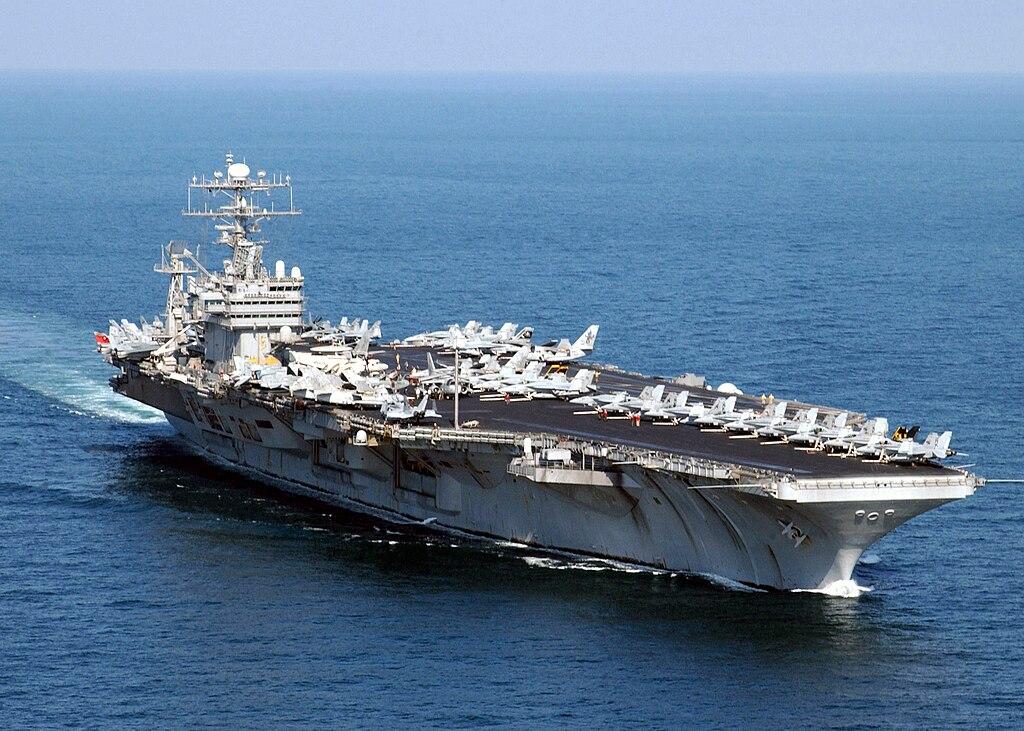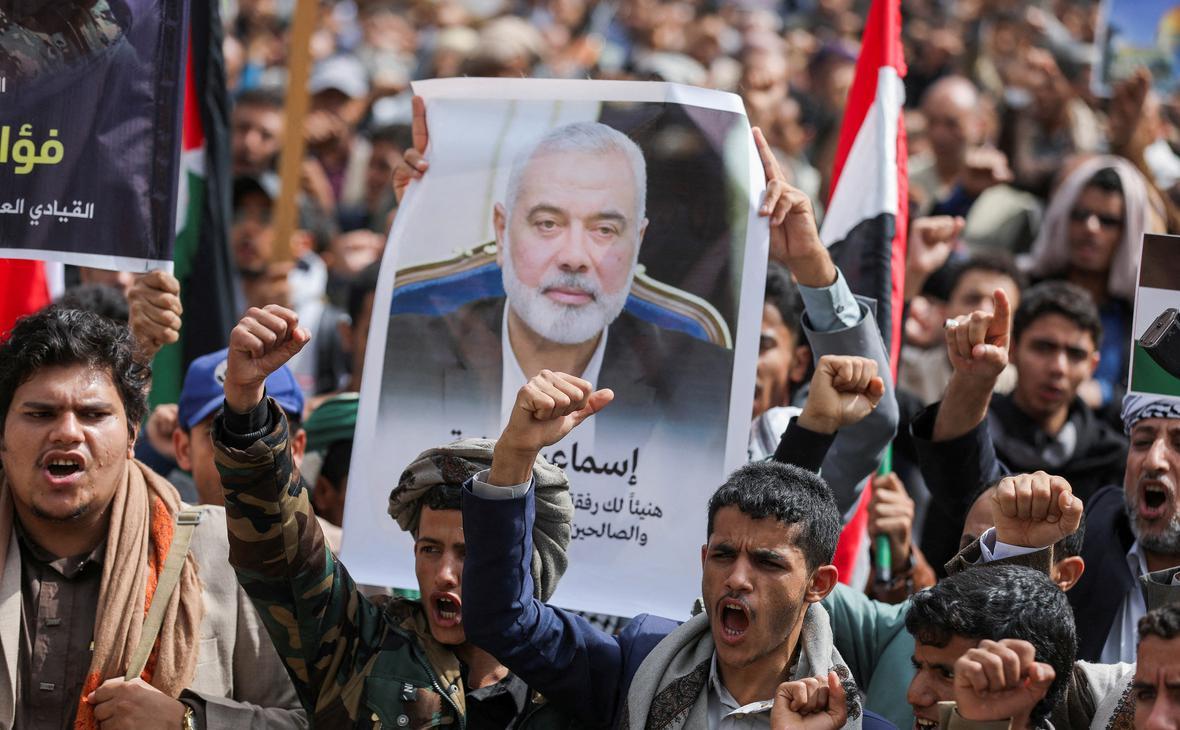Middle East powder keg: Will Iran strike Israel or hold back? Tehran faces internal chaos and external pressure
Tehran is postponing its retaliatory strike to give the US and Israel time to gather maximum forces to counter any Iranian aggression and minimize potential losses. This strategy may help Iran avoid a major war, which could be too perilous for it.
Following several high-profile assassinations carried out by Israel in Tehran and Beirut, Iran and its ally Hezbollah vowed to retaliate. However, these promised retaliatory strikes have yet to materialize. The delay is allowing Israel's ally, the United States, to assemble an exceptionally strong naval force in the Middle East. This force will not only assist Israel in repelling any Iranian attacks, as seen in April but is also building up its capability to strike Iran and Lebanon's Hezbollah.
Recently, the US military has expedited the deployment of the USS Abraham Lincoln, the second aircraft carrier, to the region, and Defense Secretary Lloyd Austin has informed Israeli Defense Minister Yoav Gallant about the arrival of the USS Georgia, a guided missile submarine. This submarine is equipped with 154 Tomahawk cruise missiles, while the Lincoln carries advanced F-35 stealth aircraft capable of long-range strikes. Both vessels will join a significant US naval presence in the Persian Gulf and the Mediterranean Sea, which includes destroyers with cutting-edge air and missile defence systems, thereby enhancing both defensive and offensive American capabilities, including potential strikes deep into Iranian territory.

It’s important to remember that the United States currently has no interest in igniting a major conflict in the Middle East. With the Democratic Biden administration facing an upcoming election, there is a strong desire to minimize risks. Additionally, a significant war in the region could lead to a sharp increase in petrol prices in the US, potentially triggering a recession and weakening the ruling Democrats' position.
While the US is clearly uninterested in a war with Iran, Tehran may not fully grasp the extent to which the US could support its ally, Israel, in the event of a major conflict. By delaying a retaliatory strike, Iran not only diminishes its potential military impact but also raises its own risks.
Another strategy for Iran could involve launching a substantial and prolonged attack on Israel, potentially in conjunction with Hezbollah, to penetrate Israel's and America's missile defence systems. However, this would almost certainly prompt a strong response from Israel, whose air force is the most powerful in the region. Israel would likely target Iran’s key decision-making centres, critical economic infrastructure, and nuclear and missile programs. Given the precision of Israeli strikes, combined with Iran’s relatively weaker air defences and air force, the damage to Iran could be severe. Additionally, such a scenario would likely heighten the risk of American strikes on Iran.
Additionally, the internal instability within Iran must be considered, particularly in its troubled regions such as the Azerbaijani, Kurdish, Arab provinces, and Sistan and Baluchistan, where approximately half of the country's population resides. The regime faces increasing discontent in major metropolitan areas and other regions, including among the working class, intellectuals, students, and women, who are frustrated by widespread poverty and ongoing repression.
Given these conditions, Iran’s leadership is highly cautious about engaging in a major war. The internal unrest severely constrains their capacity to confront an external adversary, as a failed conflict could potentially trigger a revolution.

On the other hand, the Iranian authorities cannot afford to ignore Israel's assassination of Hamas leader Ismail Haniyeh in Tehran. The precision of the Israeli strike not only threatened the country's leaders but also undermined their authority.
Experts suggest that Iran is delaying its retaliatory strike to allow the US and Israel to amass sufficient forces to counter it, thus minimizing potential losses. This strategy could help Tehran avoid a major conflict, which would be highly risky for the country.
A similar situation occurred in April when Israel bombed the Iranian consulate in Damascus, killing seven senior Iranian officers, including the commander of Iranian forces in Lebanon and Syria. In response, Iran launched missile and drone attacks on Israel, which were largely intercepted by Israeli and American air defences.
Despite the military buildup by the US that threatens Tehran, the US is employing a carrot-and-stick approach. They are publicly urging Iran to de-escalate, which highlights Iran's military capabilities while allowing it to save face. For instance, US Ambassador to Türkiye Jeffrey Flake has stated that the US is asking its allies, including Türkiye, to persuade Iran to ease tensions in the Middle East.
Such statements might lead Iran's leaders to suggest to their citizens and the broader Middle East that "they are afraid of us."
The risk in this situation is that even limited rocket or drone attacks could inflict significant damage on Israel, potentially leading to a new escalation of the conflict.








